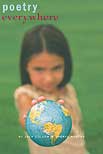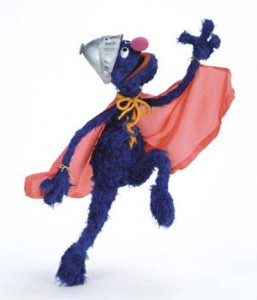A favorite prompt of mine from Kenneth Koch’s classic book Wishes, Lies, and Dreams: Teaching Children to Write Poetry is an exercise in which he asks his students to compose poems using words from a list of Spanish vocabulary. Writes Koch in his commentary:
“Writing these poems enabled children who knew Spanish to enjoy their knowledge of it and gave those who didn’t a feeling for another language . . . Too often, the non-English language a child knows is regarded in school as something that has to be overcome rather than as an additional source of knowledge and pleasure.” (297).
I love the idea of allowing a language whose rhythms feel natural to one’s ears (whether it is a first or second language) to color and inflect the poetic voice, and so to give it a place in one’s own [English language] writing. A year ago, when I traveled back to my undergraduate institution to co-present a writing workshop at an Asian American activism conference, my collaborators and I tried out Koch’s prompt with the group in attendance, but instead of using Spanish, we challenged ourselves to substitute words from our own families’ native languages. Continue reading “Weekly Prompt: Poems Using Non-English Words”



